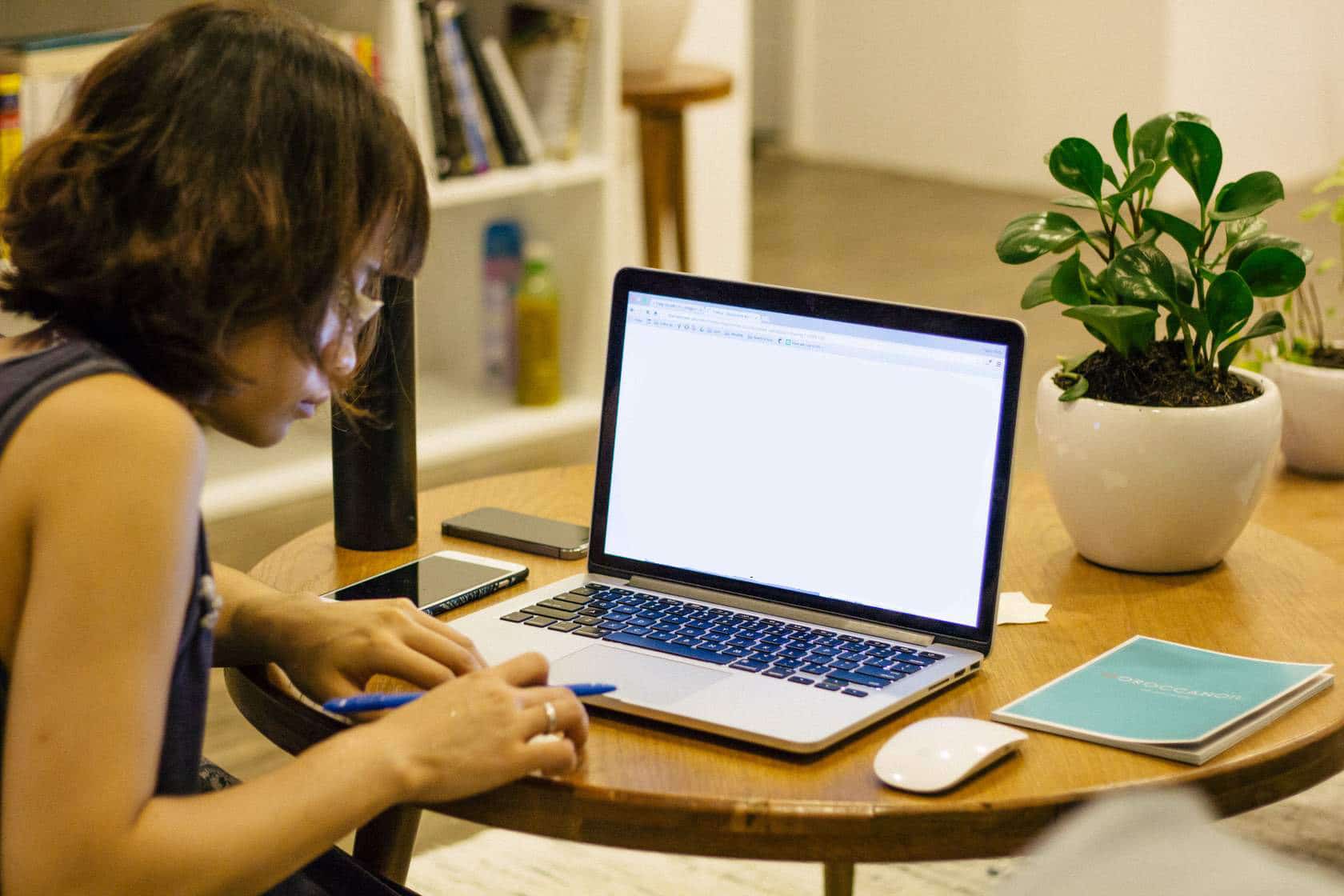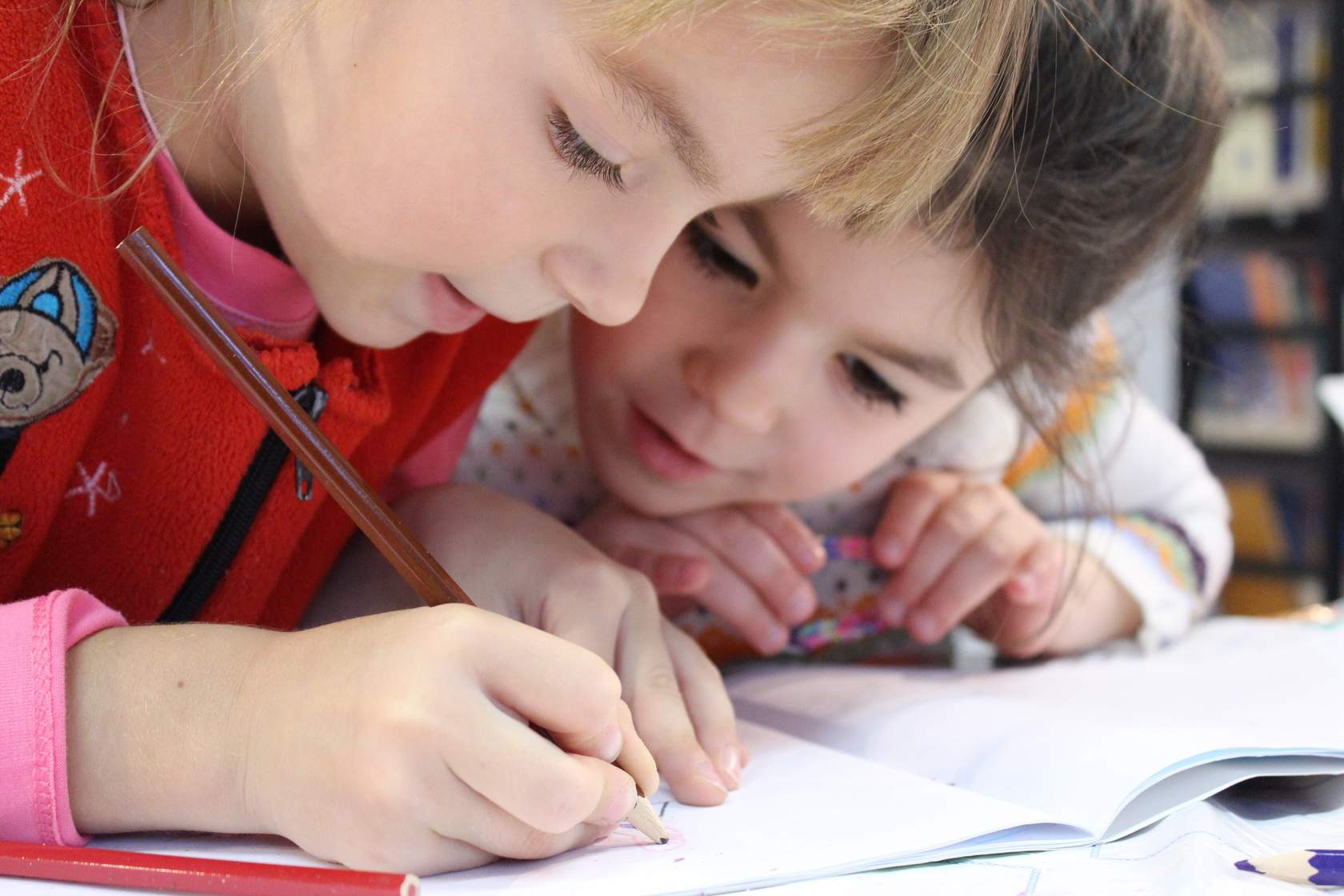ALSo
Adaptive Learning Solution
Overview and Objectives
Currently, in Europe, around 16% to 24% of pupils are facing difficulties adapting to traditional learning approaches. The ALS project aims to address the needs of these pupils in accessing learning by providing a tool to develop common, personalised, and inclusive learning materials.
Regarding the expectations of the European Commission within the Erasmus + Programme, the ALS project will target the requirements for creating adaptive learning systems for children with learning disabilities. The project focused on providing children with learning disabilities with an adaptive learning system, creating a more inclusive environment and allowing easier access to education and basic skills. To do so, the project developed a digital learning tool that automatically adapts traditional contents to answer the specific needs regarding disabilities.
The project objectives were:
- To provide pupils with disabilities with a greater access to educational content by specifically adapting that content to their requirements, so they can remain in a traditional learning environment.
- To provide stakeholders, including parents and educational centres with more comprehensive and adapted tools for learning, and widen their general awareness of adaptive technologies.
- To provide educators with tools which enable them to tackle difficulties in curriculum access for pupils with special needs.
- To make technology based access tools available to adults. This will assist in supporting lifelong learning requirements for this population by enabling them to adapt working materials according to their needs, to increase the efficiency at work and their integration into highly competitive companies.
Activities/Outputs
The solution provided by the consortium set out to create a digital learning tool that allows the adaptation of content for children during early learning. This tool was created thanks to the development of a cognitive approach to learning, and it aimed to allow children to access a personalised learning system. Strict definitions of access limitations were deconstructed to provide learning profiles based on the cognitive behaviour and motivation of the pupils. The final result will be the possibility to adapt traditional content with the appropriate modifications for each type of limitation.
Through these developments, research, and demonstration, ALS tested and proved the utility of a new learning tool, consolidating needs of diverse European Countries. Indeed, the project provided profiles on the European scale, that leads to a general cultural awareness towards the development of common policies tackling the needs of disabled pupils.
Impact
The project hoped to impact children with B category disabilities. The main impacts on this target group was the general increase of their competencies regarding basic skills. Thanks to the project, they had access to a new range of content specially adapted to their requirements. Thanks to the learning profiles, they evaluated properly their needs and learning level of difficulties. In the long term, the access to specific adaptations leads to better opportunities of success within later classes. The tool also allows the reintroduction of children in the traditional learning system as they acquire more easily the requirements regarding basic skills to fill in the complete curriculum.
For schools associated with the project, especially during dissemination phase, the main impact was to provide the educators with tools that enable them to tackle learning disabilities of every child. Schools gained notoriety and visibility by focusing their pedagogical approach on a pupil to pupil basis, offering a highly adaptive and personalised education. Not only specialised schools were impacted but every organisation that is offering educational programmes. Disabilities in schools will also be easier to detect thanks to this tool. This will lead to an increase of the general awareness regarding the profiles and special needs of children from the earlier age.
Partners
The project team includes institutions across three European countries including Haikara (France), University of Plymouth (UK), Ecole2Demain (France), and ICEP Europe (Ireland).
Funding
The project is funded under the Erasmus+ Strategic Partnership initiative.


-
Project Duration
2014-2017
-
Email for Project Contact
Aleksandra Szproch (Senior Research Officer, ICEP Europe)
a.szproch@icepe.eu
-
Project Website:





